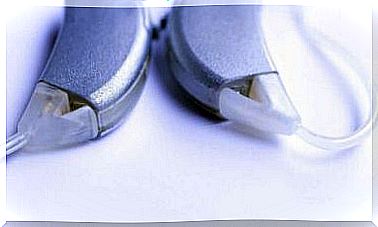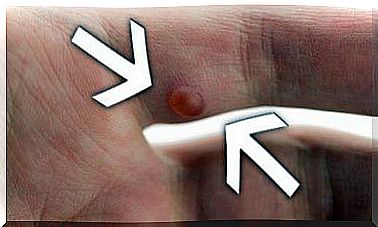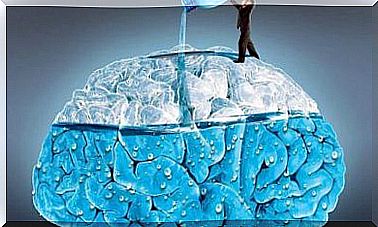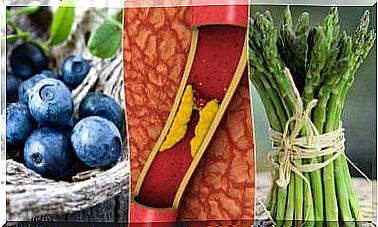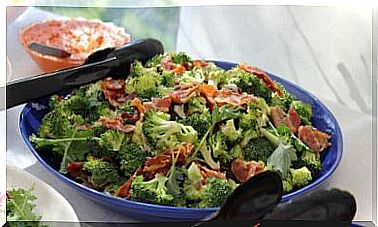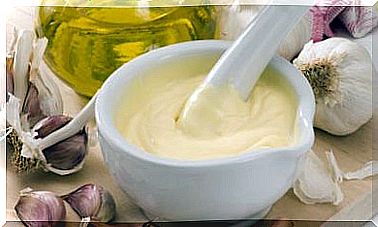Interesting Facts About Vitamin B12
Vitamin B12, also known as cobalamin, is essential for health. Find out more about this vitamin and what foods you can get it from here.
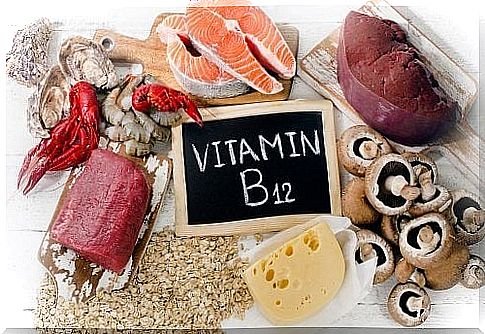
Vitamin B12 is involved in basic body processes. For example, it plays an important role in the formation of red blood cells, in the functions of the nervous system and is also involved in the regeneration of the mucous membranes.
This water-soluble vitamin, which is mainly stored in the liver, is also necessary to convert the food eaten into glucose and thus to supply the organism with energy.
Today we invite you to learn more about vitamin B12 . Read on, because we will tell you what this vitamin does and what foods you can find it in.
Interesting facts about vitamin B12
As already mentioned, this vitamin is water-soluble and participates in a wide variety of body functions. It is important for red blood cell production, cell metabolism, the nervous system, and the production of DNA. Cobalamin also helps prevent megaloblastic anemia.
1. Vitamin B12: Recommended Daily Allowance
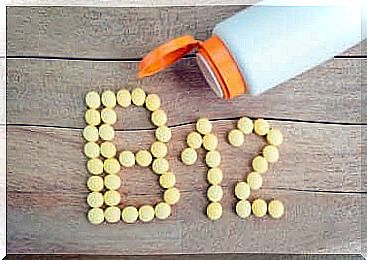
The recommended daily dose of vitamin B12 depends on age. For example, babies need between 0.4 and 0.5 mcg in the first year of life and 0.9 mcg for up to three years. 1.2 mcg is recommended for children up to 8 years of age, 1.8 mcg for children up to 13 years of age and 2.4 mcg for adolescents up to 18 years of age. After that, the recommended daily amount remains stable.
2. How is vitamin B12 absorbed?
This water-soluble vitamin is absorbed through the diet. The vitamin is separated from proteins by stomach acid. Then cobalamin is combined with the intrinsic factor (glycoprotein in the stomach) in order to be able to absorb it.
People who for various reasons cannot produce intrinsic factor (for example because they have pernicious anemia) usually have difficulty absorbing vitamin B12.
This is the most common cause of vitamin B12 deficiency. If there are no problems absorbing this vitamin, there is very rarely a deficiency. Because the body can store this vitamin in large quantities for a long time (even for several years) in order to always have it in stock.
But there are still situations in which a vitamin B-12 deficiency can develop. This is noticeable through the following symptoms:
- Stinging pain in hands and feet
- Difficulty moving as peripheral nerves are damaged by the deficiency
- pale or yellowish skin
- extreme fatigue associated with pernicious anemia
- accelerated heart rhythm
- Shortness of breath
3. Benefits of Cobalamin

The intake of vitamin B12 improves the state of mind and balances the energy balance. It can also reduce the risk of chronic diseases (e.g. heart disease).
We have already mentioned that cobalamin is important for various functions in the organism and has many health benefits. The most important of these are:
- It is believed that this can reduce the risk of heart disease.
- Cobalamin also lowers the risk of birth defects.
- It prevents megaloblastic anemia because it enables the correct formation of red blood cells.
- This vitamin is also important for bone health and prevention against osteoporosis. Various studies have shown that a vitamin B12 deficiency increases the risk of lower bone density.
- This also reduces the risk of macular degeneration as cobalamin lowers homocysteine levels.
- Vitamin B12 can also improve the state of mind. One study found that adding vitamin B12 to depressed people improved their condition.
- This vitamin also improves memory.
- It also supports healthy hair and nail growth and promotes skin health. This is due to the fact that cobalamin supports cell production.
4. Foods rich in vitamin B12
This vitamin can be found in a wide variety of foods, most of which are of animal origin. For this reason, vegetarians or vegans are more likely to suffer from deficiency symptoms because they do not get enough cobalamin through their diet.
The following foods contain the most vitamin B12:
- Liver and Kidney: This is where cobalamin is particularly high, especially in the liver and kidneys of a lamb. Around 990% of the recommended daily dose is stored in 100 g of lamb liver!
- Mussels not only provide cobalamin, but also important antioxidants and proteins.
- 150 g of sardines provide twice the recommended daily amount.
- Cereals with added vitamin B12 are also recommended. Read the product description carefully!
- Tuna also contains a lot of vitamin B12: 100 g provide around 160% of the recommended daily dose.
- Salmon is also recommended: 180 g contains around 80% of the recommended daily amount.
If you suffer from deficiency symptoms, you should definitely get a medical examination. You may have pernicious anemia that should be treated. A nutritionist can help you put together a balanced eating plan that provides enough vitamin B12.
